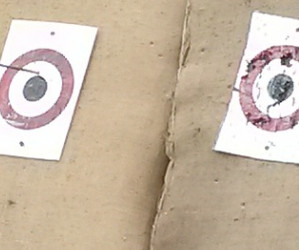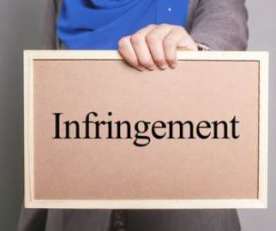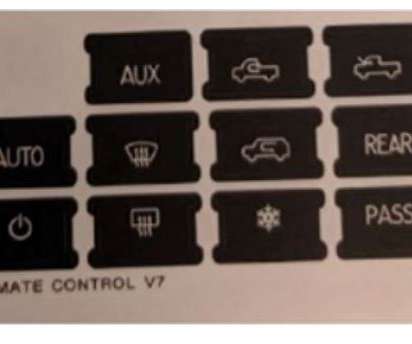AimJunkies Maintain That Cheating is Legal, Appeals Bungie’s $4.3 Million Arbitration Award
TorrentFreak
NOVEMBER 23, 2023
Bungie previously won several lawsuits against cheaters, either by default or through confidential settlements, but AimJunkies assigns little value to these achievements. AimJunkies stresses that, after Bungie sent a cease and desist letter in 2021, it removed the contested software from its platform.











Let's personalize your content